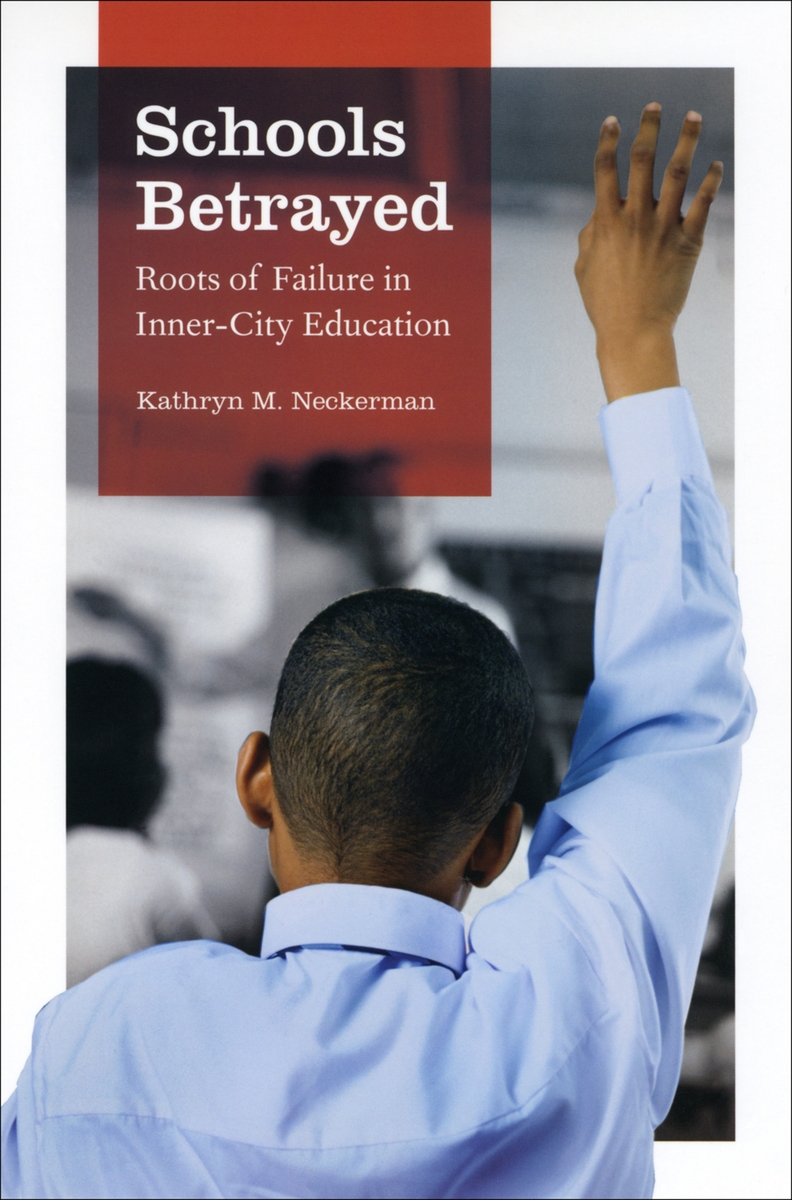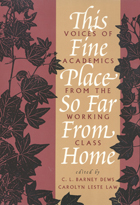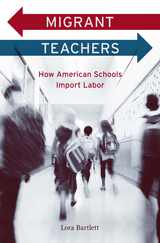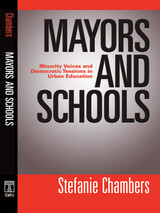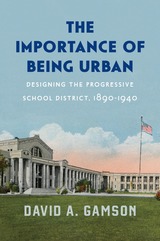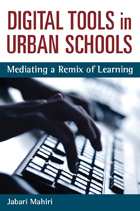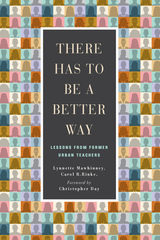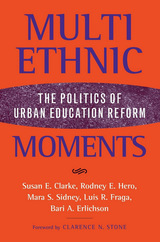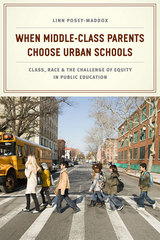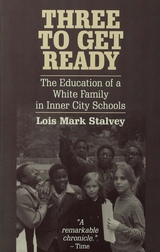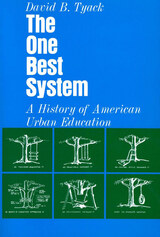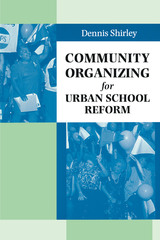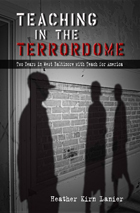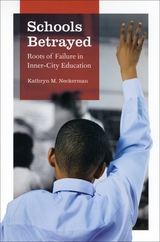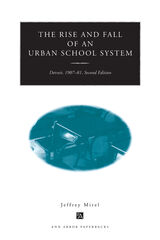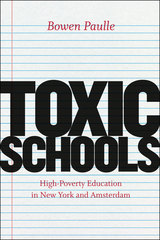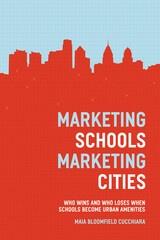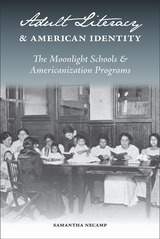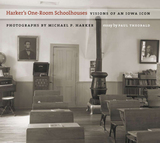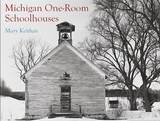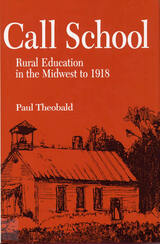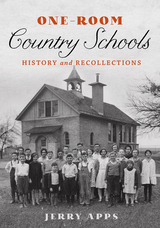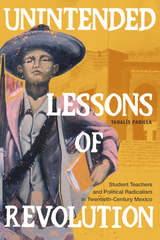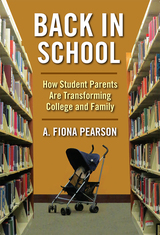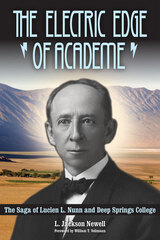“This is an excellent book that could not be more timely or significant. Kathryn Neckerman sets out to explain why urban schools serve African American children so poorly. Her interpretation is bold. Schools Betrayed will force a reconsideration of the historiography of education, and will command immediate attention as one of the most important books ever written on the topic.”
— Michael B. Katz, author of In the Shadow of the Poorhouse
“Neckerman’s powerful analysis challenged my thinking about the root causes of educational inequality. She overturns traditional explanations about economic decline, labor markets, and oppositional culture to show how school policies increasingly distanced blacks and white immigrants from 1930 to 1960. Neckerman is one of the few scholars who directly links higher-level policy decisions to everyday teacher-student classroom dynamics. It’s an important story about much more than one city’s school system.”
— Jack Dougherty, Trinity College, Hartford
“Kathryn Neckerman’s Schools Betrayed is one of those rare books that will become a standard reference not only for social scientists, historians, and school officials, but for educated lay readers as well. Through careful historical documentation of race and urban education in Chicago, Neckerman brilliantly uncovers the roots of antagonism, alienation, and disorder in inner-city classrooms. No previous study has provided a more definitive analysis of why so many black youngsters and their parents have lost faith in the public schools.”
— William Julius Wilson, Lewis P. and Linda L. Geyser University Professor, Harvard University
“Kathryn Neckerman brilliantly captures the elusive interaction of social, political, and economic contexts and on-the-ground education policy creation in Chicago during the twentieth century. She demonstrates that the devastating inequality that emerged for African Americans in the education system developed over many decades of small actions by ordinary people in both the public and private spheres—in politics, work places, housing markets and informal social settings, as well as schools. The restriction of opportunities for African Americans that resulted from day to day decisions in arenas both in and outside of schools speaks volumes about what must be done to create opportunities in urban schools for current minority students.”
— Jean Anyon, author of Ghetto Schooling: A Political Economy of Urban Educational Reform
"Neckerman's analysis provides a welcome antidote to much of the historical literature on American education, which rarely examines actual policy choices. . . . Segregation did harm blacks, as this fine book shows."
— Jonathan Zimmerman, Journal of American History
"This case study of Chicago's public schools is a cogent and powerful analysis that examines the roots of failure in the city's public shools. . . . This work forces us to look beyond simplistic notions of school failure that blame families, students, and teachers. Instead, it asks us to consider the institution of public schooling itself and its myriad policies and practices that may . . . disadvantage the students they are meant to serve."
— Kathy Ann Jordan, Journal of African American History
"Neckerman's analysis is a critically important reminder that education policies adopted beyond the confines of the schools can undermine the preconditions that contribute to constructive pedagogic relationships between teachers and students. . . . Her book powerfully documents the educational costs of societal and institutional racism in Chicago's schools."
— Michael Olneck, American Journal of Sociology
